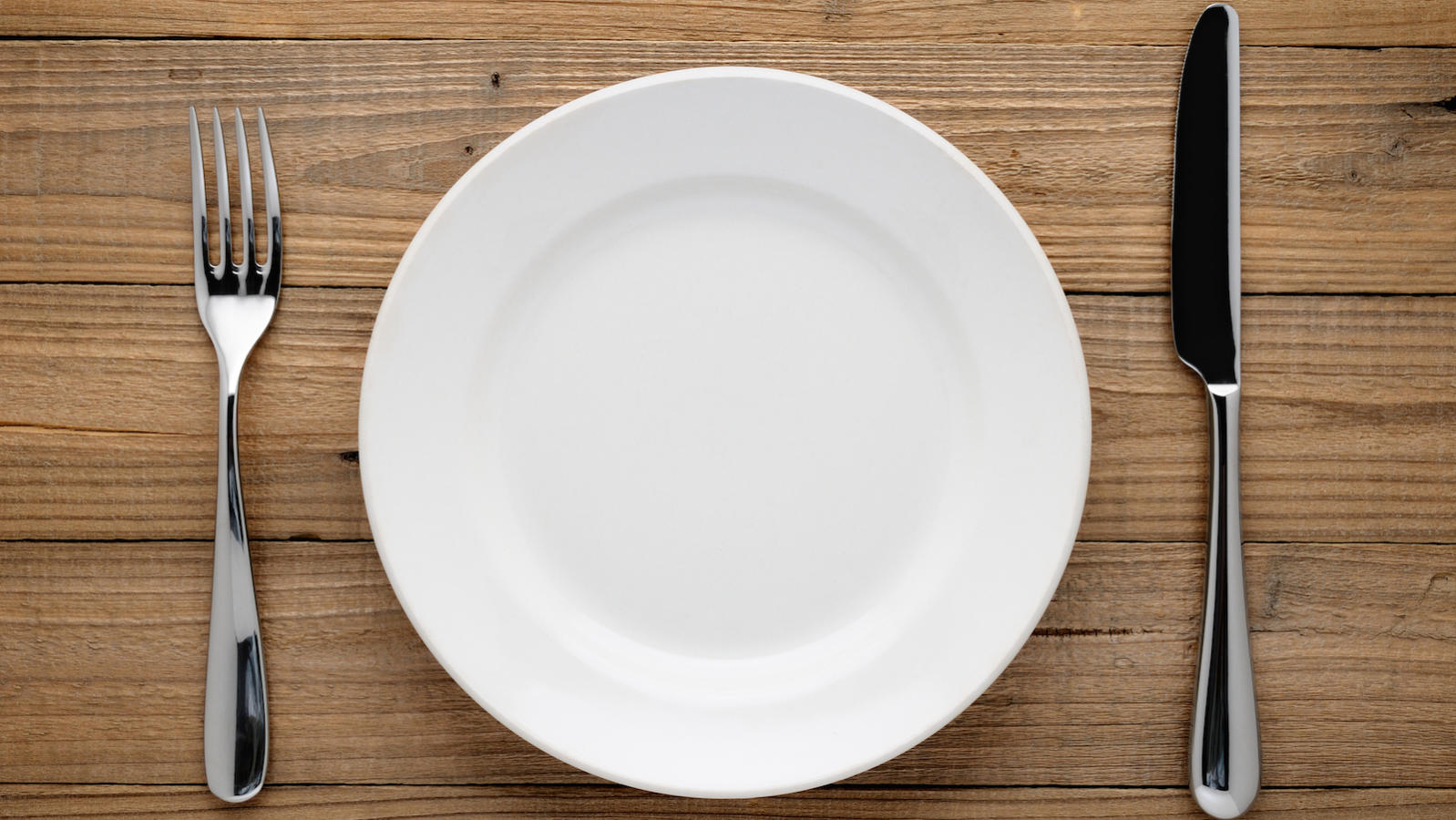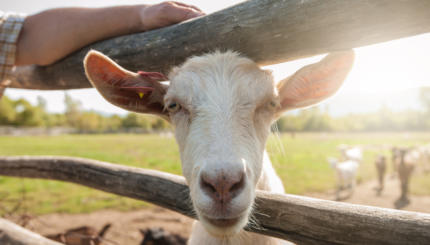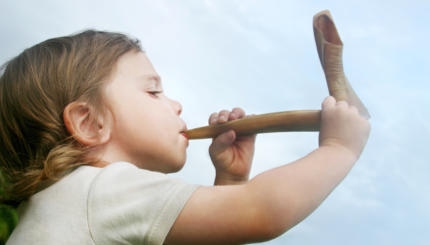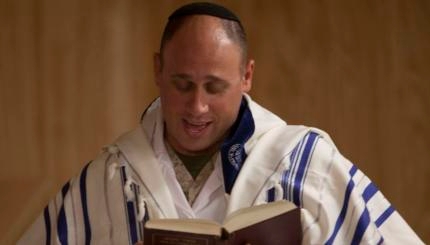Fasting is perhaps the best-known custom on , the Day of Atonement. What follows are the traditional rules concerning who should fast — and why.
Who Fasts and Why
We abstain from satisfying our hunger and thirst based on two Torah commandments: “You shall afflict your souls” (Leviticus 16:29) and “For a soul which is not afflicted on that day will be cut off (Leviticus 23:29).” The rabbis ascertained the connection between affliction and fasting from additional verses in the Bible (Leviticus 23:30 and Deuteronomy 8:3).
Females over the age of 12 and males over the age of 13 are to abstain from food or beverage for the duration of the holiday.
Children Should Eat
Children under the age of nine are not allowed to fast and from nine until the age of religiously recognized maturity should gradually learn to forego eating or drinking (usually by postponing breakfast for longer and longer periods of time).

Help us keep Jewish knowledge accessible to millions of people around the world.
Your donation to My Jewish Learning fuels endless journeys of Jewish discovery. With your help, My Jewish Learning can continue to provide nonstop opportunities for learning, connection and growth.
Health Comes First
If a doctor asserts that fasting could endanger your health, you need not fast. There is a famous story about a rabbi who insisted that his entire congregation eat on Yom Kippur during a cholera epidemic so that the worshippers would not lose strength or succumb to the disease. If any number of doctors state that fasting would not be harmful, and one doctor disagrees, or you yourself feel you must eat, you are supposed to eat.
A pregnant woman likewise determines if she must have food. During childbirth or within three days of giving birth, a woman does not fast; if she feels it is necessary, she can eat in the period within three to seven days after giving birth. In many cases nursing mothers also do not fast.
If you need to break the fast, you should try to do so by taking very small quantities, smaller than the size of a date, pausing between each piece, so that within nine minutes you will not have eaten more than the volume equivalent of three eggs. When health is at risk, whatever is needed for one’s welfare is to be given, as necessary.
Excerpted from Celebrate!: The Complete Jewish Holidays Handbook. Reprinted with permission of the publisher. Copyright 1994 by Jason Aronson, Inc.



